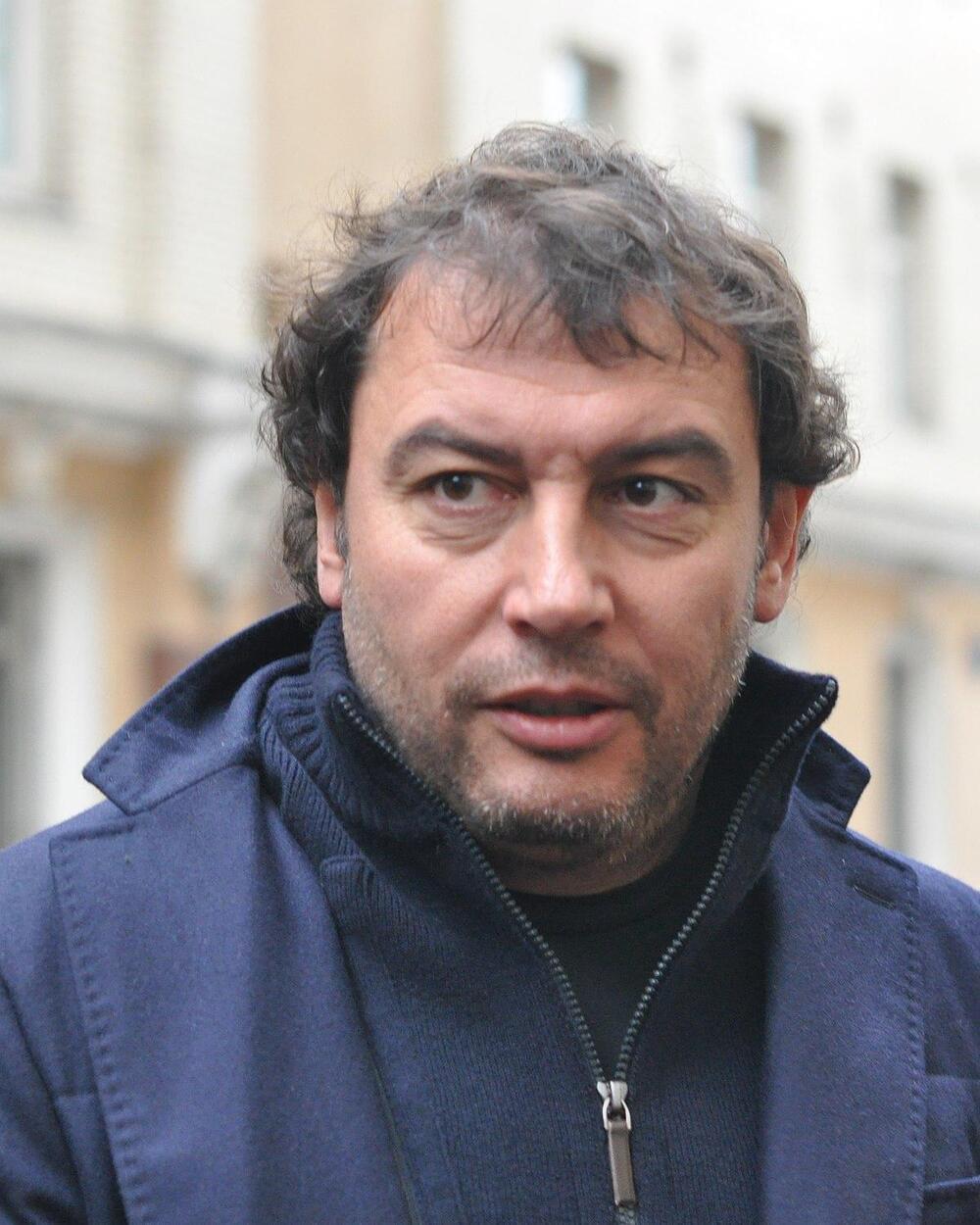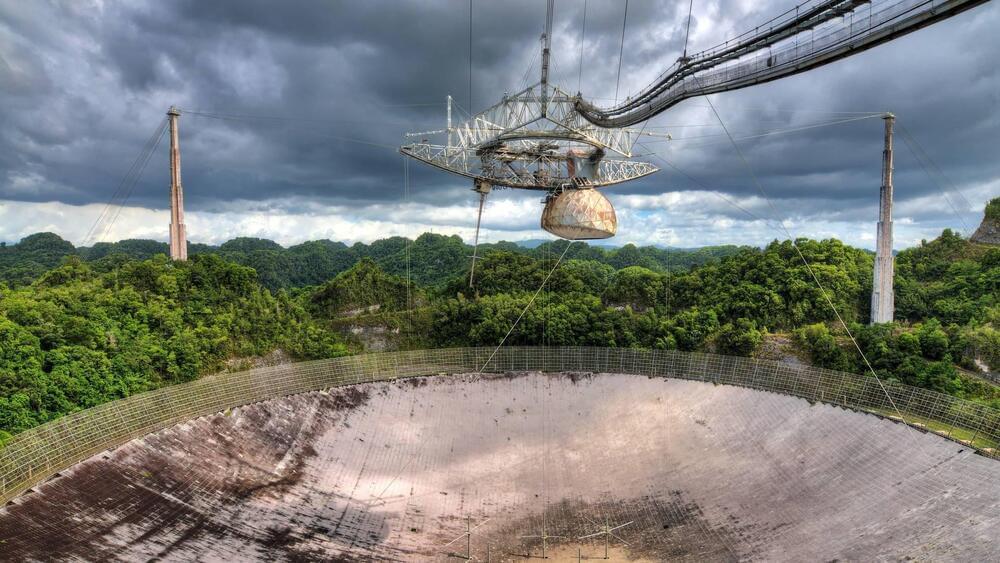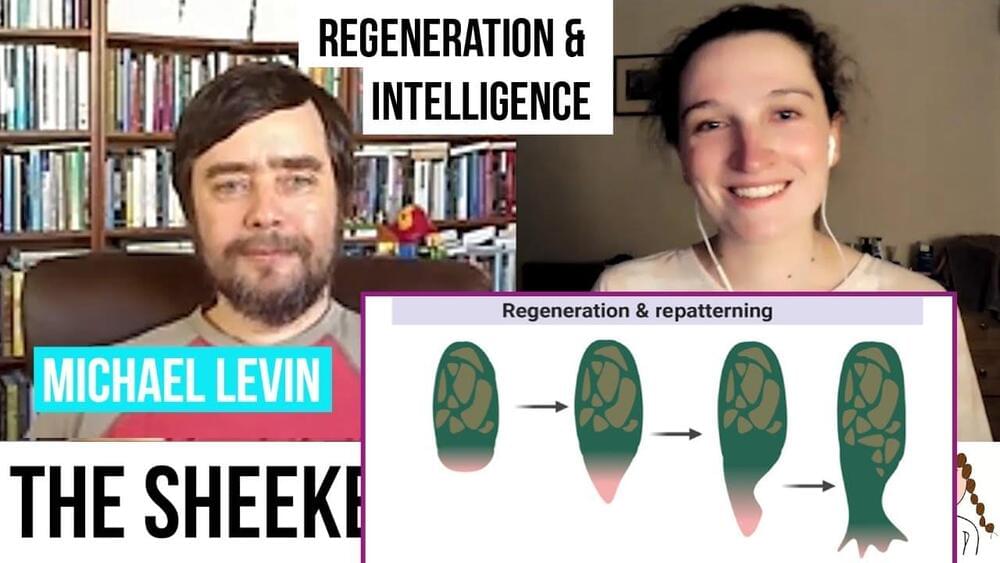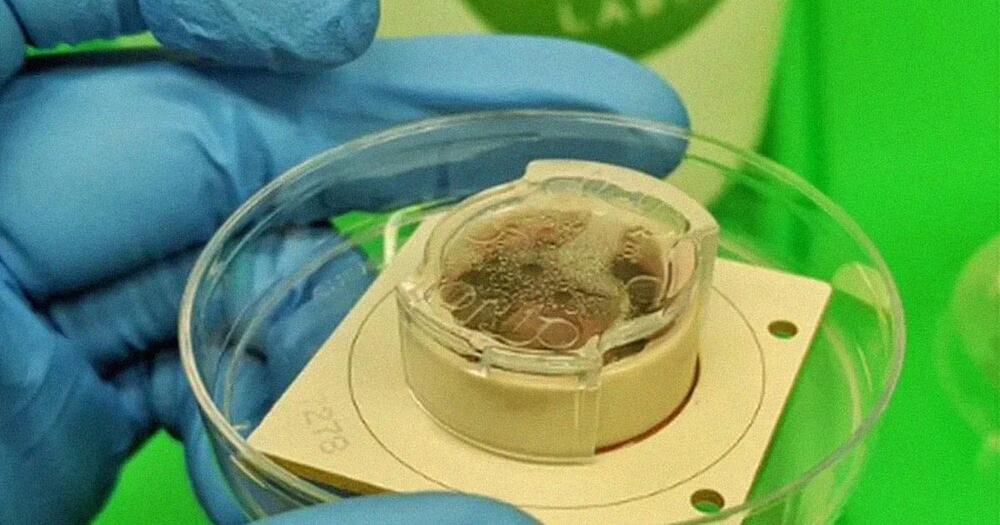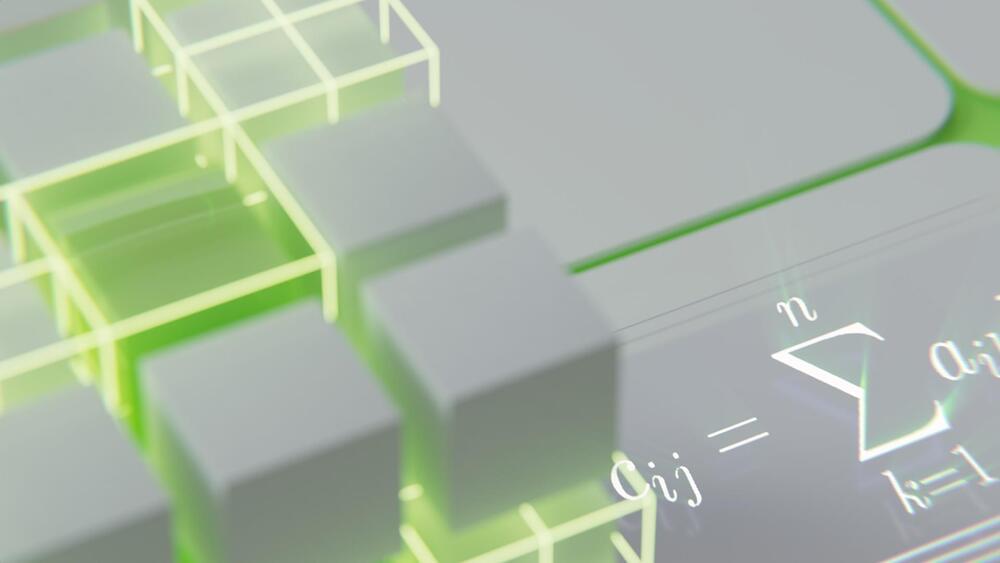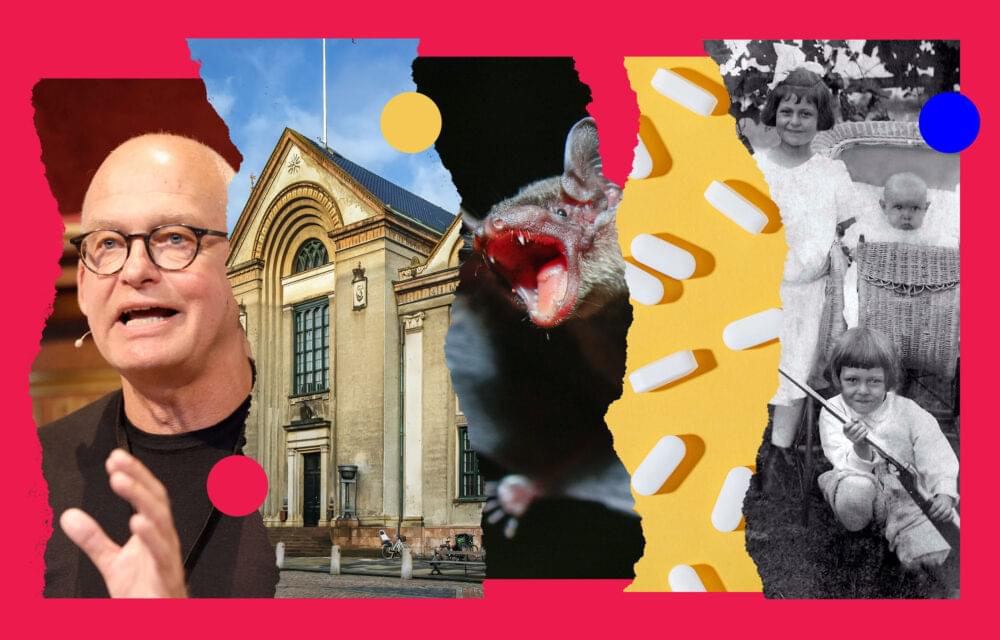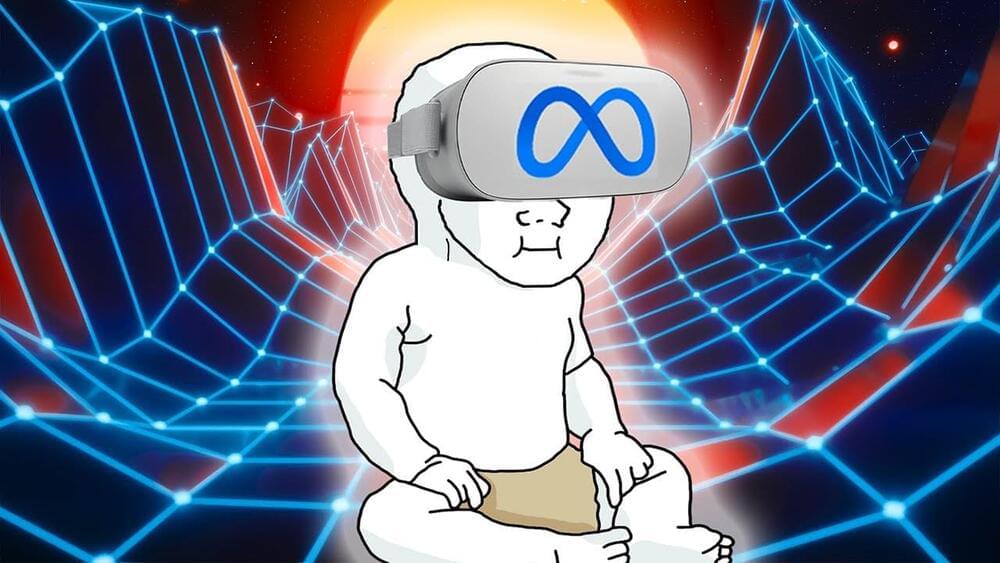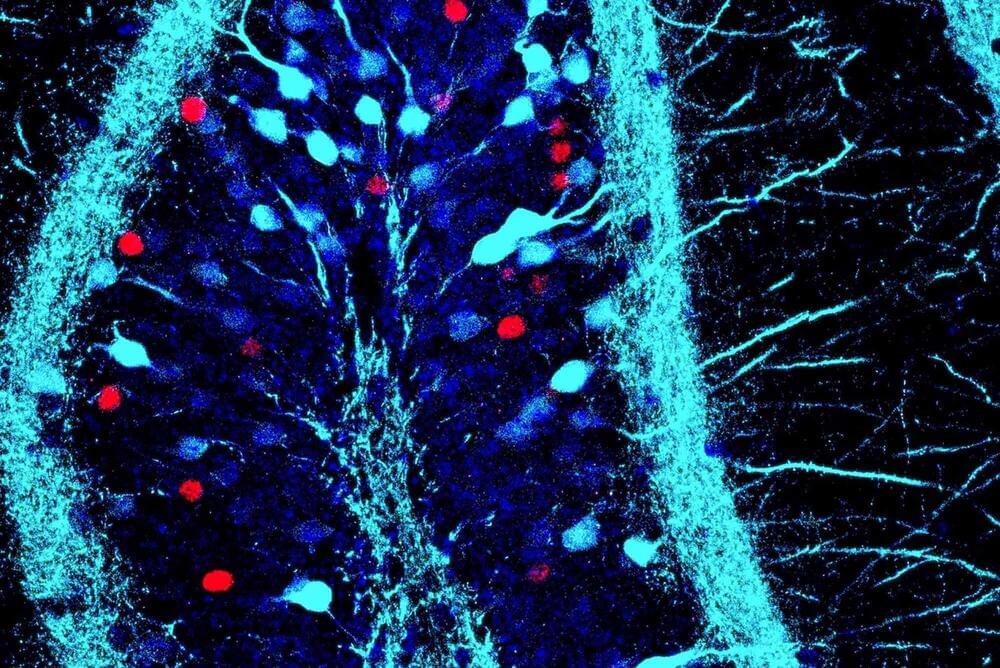Oct 14, 2022
Philanthropist Boris Zimin Shares His Perspective On Modern Education
Posted by Julia Brodsky in categories: education, ethics
I had quite a thought-provoking discussion on modern education with Boris Zimin, the head of the Zimin Foundation, which funds education and research.
The Zimin Foundation is a non-profit organization established by the Zimin family to aid education and science. The Foundation partners with distinguished universities and funds research and educational projects that combine academic excellence with high potential for positive, real-world impact. Since the start of the Russian invasion of Ukraine, the Zimin Foundation has been supporting researchers and students affected by the war. I spoke with philanthropist Boris Zimin, the head of the Zimin Foundation, about his perspective on modern education.
Julia Brodsky: From your experience working with various educational funds and organizations, what do you think should be the emphasis of modern education?
Continue reading “Philanthropist Boris Zimin Shares His Perspective On Modern Education” »
